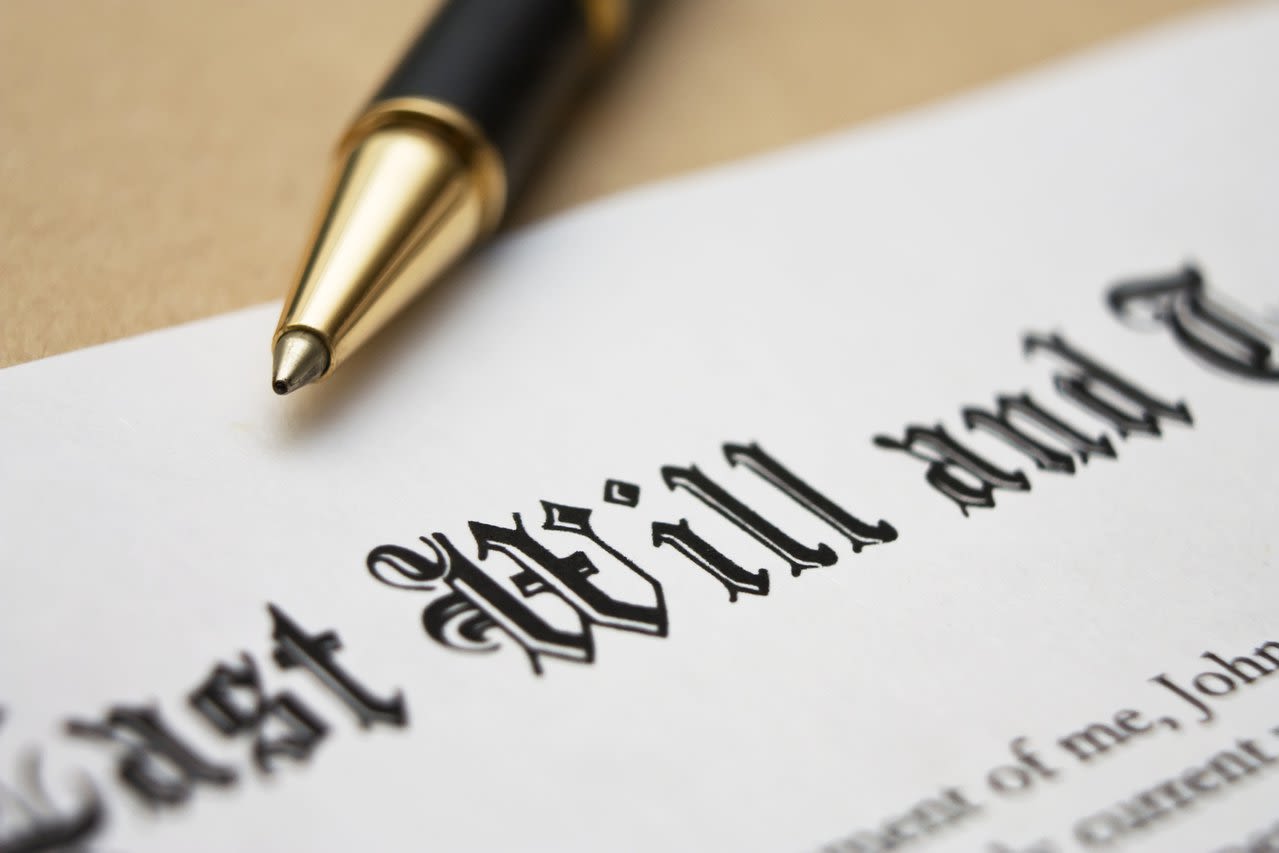
ANSWERS TO COMMON ESTATE PLANNING QUESTIONS
Q. Why do I need a will?
A. A will is formal legal document directing the settlement of your estate that provides for the distributions of your assets according to your wishes. Without a will, the laws of your state will determine estate distribution. Qualified legal assistance and proper witnessing should always be sought. Only through a will can you designate your own executor, guardians for minor children, and other fiduciaries.
Q. What is the first step my spouse and I should take?
One of the simplest and least expensive estate planning techniques for married couples is to take title to assets as “joint tenants with rights of survivorship.” At the death of one joint owner, such titled property automatically passes to the survivor without having to go through probate. Bear in mind, there are other forms of titling that may be appropriate depending on circumstances and individual state laws.
Q. What other estate matters should I consider?
Life insurance has long been recognized as a relatively affordable method for ensuring a surviving spouse will meet key financial obligations without delay. Regular reviews can help ensure you have adequate protection and your plan is up-to-date. Also, consider granting a durable power of attorney for financial matters, and a living will and health care proxy for health matters. These directives enable the designated individual (usually your spouse, a relative, or close friend) to make important decisions on your behalf should you be mentally or physically unable to do so as a result of an accident or illness.
